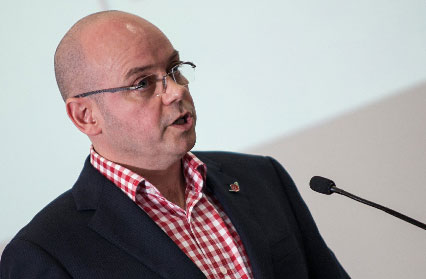
I wish someone had been there to talk about disability in a complex and nuanced way-to be able to hold (what we now call) disability justice. For the ways we wished our lives could have been. And I know that so many of us can relate to that.īecause that is often what happens: when we start to connect with our dreams and our visions and our longings, we often tap into our grief and our sadness our heartbreak and sorrow for what we never had. Who are surviving, isolated in their families or communities and don’t know that we are gathering here today-that people have been gathering like this.īecause that was definitely me. A grief for all the other disabled kids and youth out there who are also so very isolated and the disabled people who would give anything to be able to have this kind of space-many of whom don’t know that these kinds of spaces even exist. A deep longing and aching for what I wish I had had and grief for all I never had.

Who had no one who could support me as I navigated the medical industrial complex on my own as a disabled girl korean transracial and transnational adoptee, surrounded by white abled adults and doctors, nurses and practitioners who often didn’t talk to me about what was happening, except to tell me what a “good patient” I was.Īs I was preparing my remarks for today, I realized that there was a deep sadness that kept bubbling up in me.


And it would have meant the world to me to have a space to talk about how disability, race, gender, adoption, survivorship, violence, cure, queerness and so much more connected and collided in my life, as a disabled child who had no one to talk to about my own lived experience. I didn’t have people in my life who I could talk to about these things. I didn’t even have conversations that could hold this. To be in a cross-disability space and how rare that is too. Analysis, of course, but heart and breathe and body, too.īecause I want to express gratitude for this space-a space to hold disability and intersectionality, a disability justice space-because for decades of my life I didn’t have any spaces like this. I know the analysis will be brilliant and much needed.Īnd I found as I was typing away at my computer, the things that were coming up were not only analysis, but also story and feeling longing and love for all of you and how precious it is to be here together, even just for a day. To be in a space where we can center disabled people of color, disabled queer and trans folks. Workshops that will break down the connections between disability and prisons and immigration and race and gender and sexuality and dance and activism and so much more. I want us to keep remembering that so many folks will never have access to these spaces and how do we keep reminding our selves of who is not in the room? All the different people who are not here.Īnd I know there are brilliant workshops scheduled for today. And I know that for a lot of us, this I our political work, this is our life and we seek out these spaces, we create them. I want people to not take this space for granted because so many disabled people would kill to be here and so many people don’t have access to this type of space. When I started out doing disability justicework, before it was even called “disability justice,” these spaces were so rare. The people who built this building and all those who have been displaced from where we are as well. The people who mop and vacuum the floors, clean the toilets, take out the trash and maintain the grounds.

In addition to the beautiful acknowledgement of the land and indigenous people we had today, I also want to extend gratitude to the people who clean and care for this building. And I want to extend special thanks to Sandy, who’s been in contact with me-thank you. And it is often the kind of work that happens behind the scenes and goes unnoticed. Thank you to the organizers of this-I know it takes an incredible amount of work to put something like this on.


 0 kommentar(er)
0 kommentar(er)
